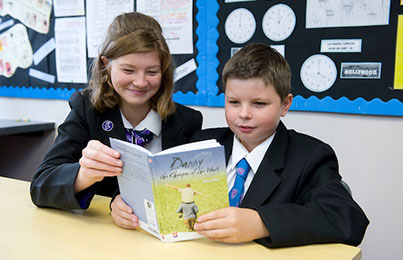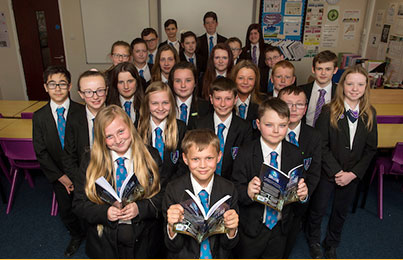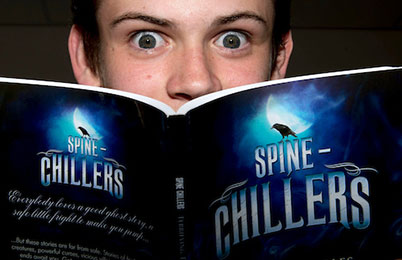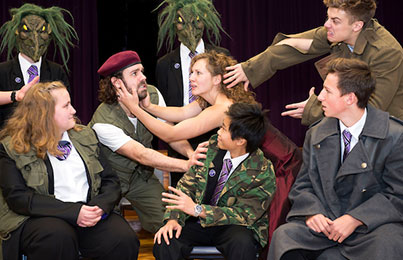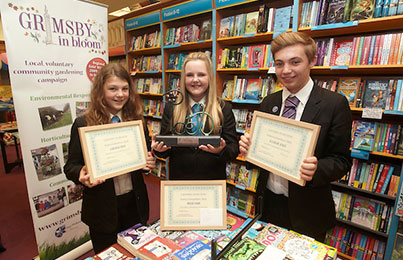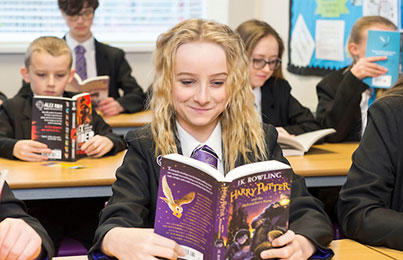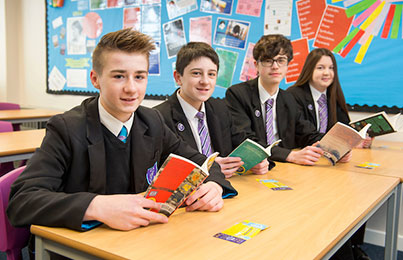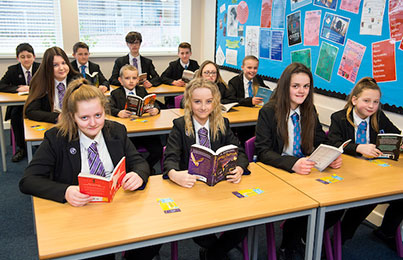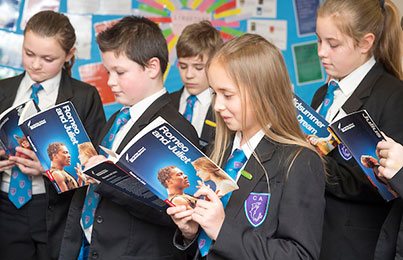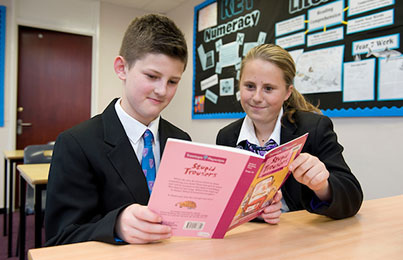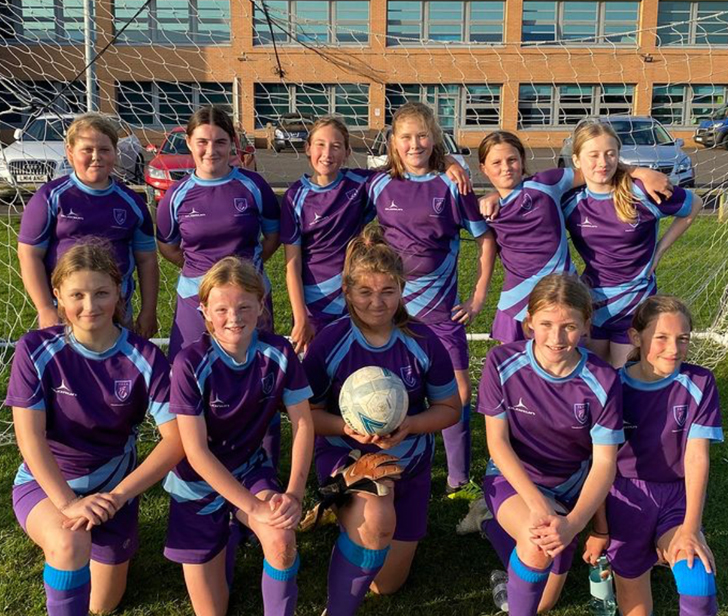English
- English
- Ethos & Values
- Knowledge & Skills
- Resources & Facilities
- Courses & Qualifications
- Where Does This Take Me In The Future?
English
Studying English at Cleethorpes encourages students to develop the skills and knowledge necessary to succeed in the modern world. The English curriculum is designed to develop students' communication, provide variety and push students so that they achieve their potential. The English Department is a successful, well-resourced department. Teaching, within the department, is of a consistently high quality and lessons tend to be both rigorous and fun.
Please explore these pages to find out more about what we offer.
Ethos & Values
Our aims are:
- To enhance children's quality of learning through the effective delivery of the English curriculum, in a way which is lively and thought-provoking, enabling students to develop their own opinions positively.
- To make English enjoyable as a subject through careful selection of appropriate resources and specialist teaching expertise. Students are encouraged to fulfil their full potential in the three areas of language development: reading, writing and speaking and listening.
- To ensure that learners build confidence, feel valued, motivated and informed about their own progress and are proactively involved in reviewing and evaluating their individual achievements.
- To have consistently high expectations and match these with high quality resources and learning strategies.
- To provide a range of learning experiences appropriate to the age, ability and needs of all students. Students are encouraged to actively participate in lessons, developing the ability to communicate effectively, accurately and with confidence, both orally and in writing, in a variety of styles and situations.
- To support the English Curriculum and student's progress through the development of independent learning at home.
Knowledge & Skills
- Students will improve oral and written skills, experiencing a wide range of learning styles from specialist teachers and develop their ability to read for different purposes - for information, research, cultural study or personal enjoyment.
- Writing for different audiences.
- Speaking and listening in a range of situations and for different audiences, clearly and articulately.
- There is scope for students' personal growth as learners, through active participation in class lessons and homework.
- All students are encouraged to express personal and informed opinions through discussion, role-play and improvisation. The importance of improving writing skills for different purposes and audiences is encouraged, as is the need for accuracy in spelling, punctuation, grammar and paragraphing in our comprehensive Schemes of Work.
Resources & Facilities
The vast majority of lessons are taught in specialist rooms, most of which are equipped with Interactive white boards.
The English Department uses a wide range of texts and we are constantly updating and developing resources.
Courses & Qualifications
Key Stage 3
Students follow the National Curriculum in English, which provides a broad and balanced programme of language and literature work. All students have the opportunity to analyse poetry, prose texts and 19th century texts, to participate in play-reading and to enhance all aspects of speaking, listening, reading and writing throughout Years 7 and 9.
Key Stage 4
All students are currently prepared for GCSE courses in AQA Language and Literature. The courses are both 100% examination. In Language, students will develop their analytical skills exploring a range of fiction and non-fiction texts including a selection of short stories. Students are also required to explore 19th century literary non-fiction. Half of the language course is devoted to improving writing; students will develop the key skills necessary to improve their writing.
As part of the Literature course, students have to study a range of texts including a Shakespeare play, a modern novel, a 19th century novel and a selection of poetry.
Where Does This Take Me In The Future?
As English underpins all other subjects in the curriculum, it plays a major role in preparing students for both academia and working life.
English courses:
- Prepare students for working life and business.
- Provide a good basis for more advanced qualifications, particularly in the Humanities areas.
- Expose students to a wide range of literature and help students to access all forms of written text they may encounter in their working and social life.
- Encourage students to read widely and develop an interest in culture, in particular reading, theatre and cinema.
- The study of English improves students' ability to express their ideas clearly, coherently and confidently in both speaking and writing.
